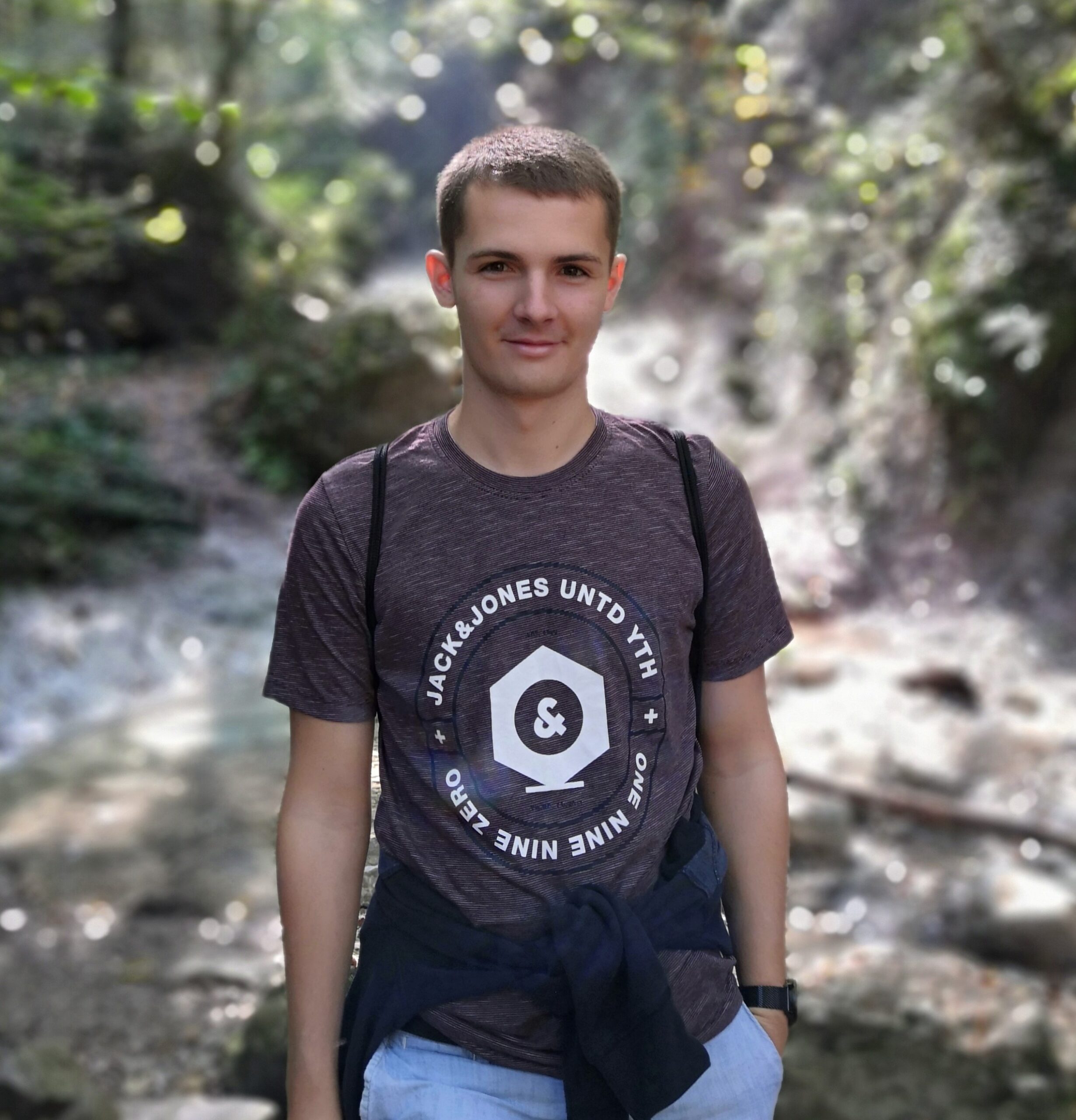
Christopher Hoehn, MSc.
PhD student
Department of Psychology
Hellbrunner Strasse 34, 5020 Salzburg, Austria
Tel.: +43 662 80445146
E-Mail:
Consultation hour: by arrangement
Research group: Laboratory for Sleep and Consciousness Research
Education:
- Since 2020: PhD student and member of the Doctoral College „Imaging the Mind“ an der Universität Salzburg
- 2018-2020: Master studies (M.Sc.) of Psychology at the University of Salzburg
- 2015-2018: Bachelor studies (B.Sc.) of Psychology at the University of Salzburg
- 2014-2015: Voluntary year of social service at ‘Hochfränkische Werkstätten Hof’ (Germany)
- 2005-2014: Graduation from High-School (Abitur) at ‘Schiller-Gymnasium Hof’ (Germany)
Academic experience:
- since 2020: PhD student / research assistant in the laboratory for sleep and consciousness research at the University of Salzburg
- 2019-2020: Research assistant in the laboratory for sleep and consciousness research at the University of Salzburg
- 2017-2020: Tutor for Methodology and Statistics at the Department of Psychology at the University of Salzburg
- 2017-2019: Study assistant / research assistant in different projects of the Centre for Cognitive Neuroscience at the University of Salzburg
Research:
During my PhD, I study the effects of smartphone usage and the accompanying artificial light exposure during the evening on the human sleep-wake regulation. Thereby, I investigate how the emitted short-wavelength light from the smartphone affects sleepiness and alertness levels before bedtime and how it affects subsequent sleep along with its restorative functions, which can be examined in the next morning performance. An additional important question is also to which extent blue-light filtering software can diminish negative effects of the evening smartphone light-exposure and what other influencing factors should be considered in the future. In addition to behavioral indicators like reaction times and subjective rating score, I focus especially on electrophysiological measures (derived from EEG and PSG recordings) to draw further conclusions on the underlying brain activity.
Key publications:
- Höhn, C., Schmid, S. R., Plamberger, C. P., Bothe, K., Angerer, M., Gruber, G., Pletzer, B., & Hoedlmoser, K. (2021). Preliminary Results: The Impact of Smartphone Use and Short-Wavelength Light during the Evening on Circadian Rhythm, Sleep and Alertness. Clocks & Sleep, 3(1), 66–86. https://doi.org/10.3390/clockssleep3010005
- Höller, Y., Höhn, C., Schwimmbeck, F., Plancher, G., & Trinka, E. (2020). Effects of Antiepileptic Drug Tapering on Episodic Memory as Measured by Virtual Reality Tests. Frontiers in Neurology, 11, 93. https://doi.org/10.3389/fneur.2020.00093




